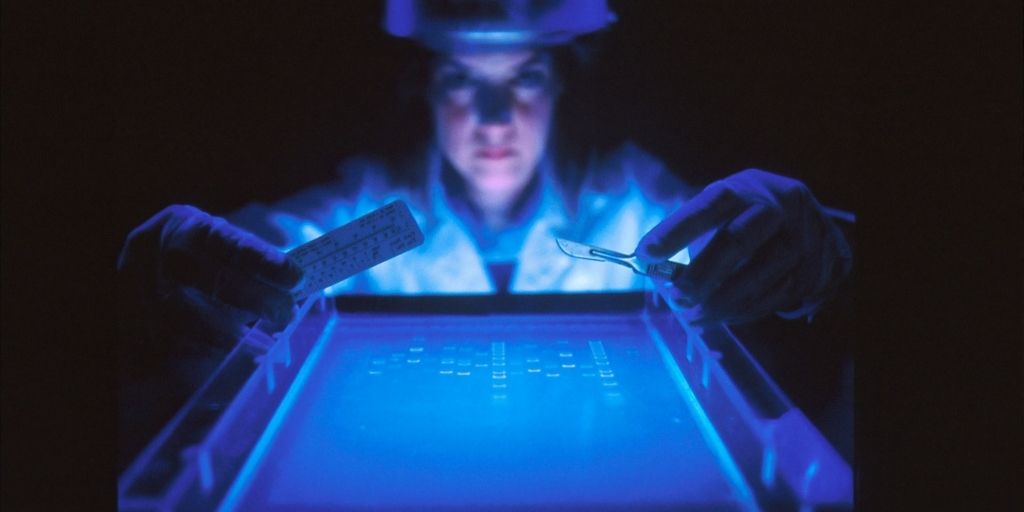
Emerging technologies are continuing to revolutionise the industry and none more so than in healthcare. Accelerated by the pandemic, new solutions such as home monitoring and video consultations have come to the fore to create a safer, more efficient healthcare ecosystem for staff and patients alike.
However, tech is constantly evolving and one of the next big digital revolutions we will witness in the health sector is the rise of smart technologies. We’re already seeing signs of this with the Government announcing £36million of funding for 36 artificial intelligence (AI) projects to transform care and accelerate diagnosis.
Uncapped potential
The potential of smart technologies in healthcare settings such as hospitals is huge. These solutions can improve the entire healthcare journey, from directing patients to the nearest car parking space to the department they are visiting, through to robotic surgery.
Smart tech can also help address a range of issues that the NHS is struggling to deal with. One of these is workforce shortages. With a growing population comes increased demand for hospital services. Whilst most trusts are reliant on overseas recruiting campaigns to close the gap, this is an unsustainable model at the moment due to the current situation and places more demand on existing staff.
Through harnessing smart solutions such as AI, hospitals can streamline and automate many of the mundane admin processes that staff have to undertake, alleviating the pressure they are under while tackling staff shortages. Machine learning can be used to ‘risk stratify’ patients and to direct patients to the correct diagnostics tests and medical interventions that is ‘evidenced’ to improve outcomes, thus avoiding all unnecessary stages in a pathway and significantly reducing delays. Also, automating admission and discharge planning and aligning this with acute emergency admission departments, community providers and elective pathways can optimise capacity, productivity and demand management.
Start with infrastructure
With such smart technologies becoming a bigger focus for healthcare and their potential starting to be realised, the question becomes what do hospitals have to consider to ensure they make the most of smart solutions?
The primary area of focus should be from the ground up, on the hospital buildings themselves. Without putting the right digital infrastructure in place, which many older hospital buildings will not have, it will be impossible to implement the smart solutions down the line.
Hospitals need to assess what services exist and what services are needed, as well as what infrastructure is fit for purpose. By doing this, they can then go on to implement solutions, such as ultra-fast WiFi, which will enable them to take the next steps in their smart transformation journey. For example, putting in place fast internet connectivity will allow hospitals to install technologies such as energy monitors sensors to become more operationally efficient and sustainable, as well as optimise patient flow through implementing smart digital pathways that operate across primary and secondary care.
Knowledge and guidance is key
Many hospitals will be considering how to begin their smart transformation journey but will be worried about taking the first step. The challenges of implementing new solutions and changing ways of working, which have been used for so many years, will no doubt be daunting. The smart digital transformation process requires decision makers to take a ‘leap of faith’ and before they do, they should look to work with partners that have the right expertise to help them understand where the challenges lie and what needs to be done to ensure they can implement smart solutions now and for the future. There is no quick fix and finding and working with trusted digital providers will provide the knowledge and guidance needed to help them on their way.
Technology has become a mainstay in the NHS but we’re only at the tip of the iceberg when it comes to harnessing its full potential. The rise of smart solutions such as AI, the Internet of Things and machine learning provide hospitals with a huge opportunity to create safer, more efficient and cost-effective services. Through embracing the right expertise and knowledge, hospitals can take their first steps to becoming the smart buildings of and for the future.
By Lisa Greaves, Business Development Manager at Connexin Health











